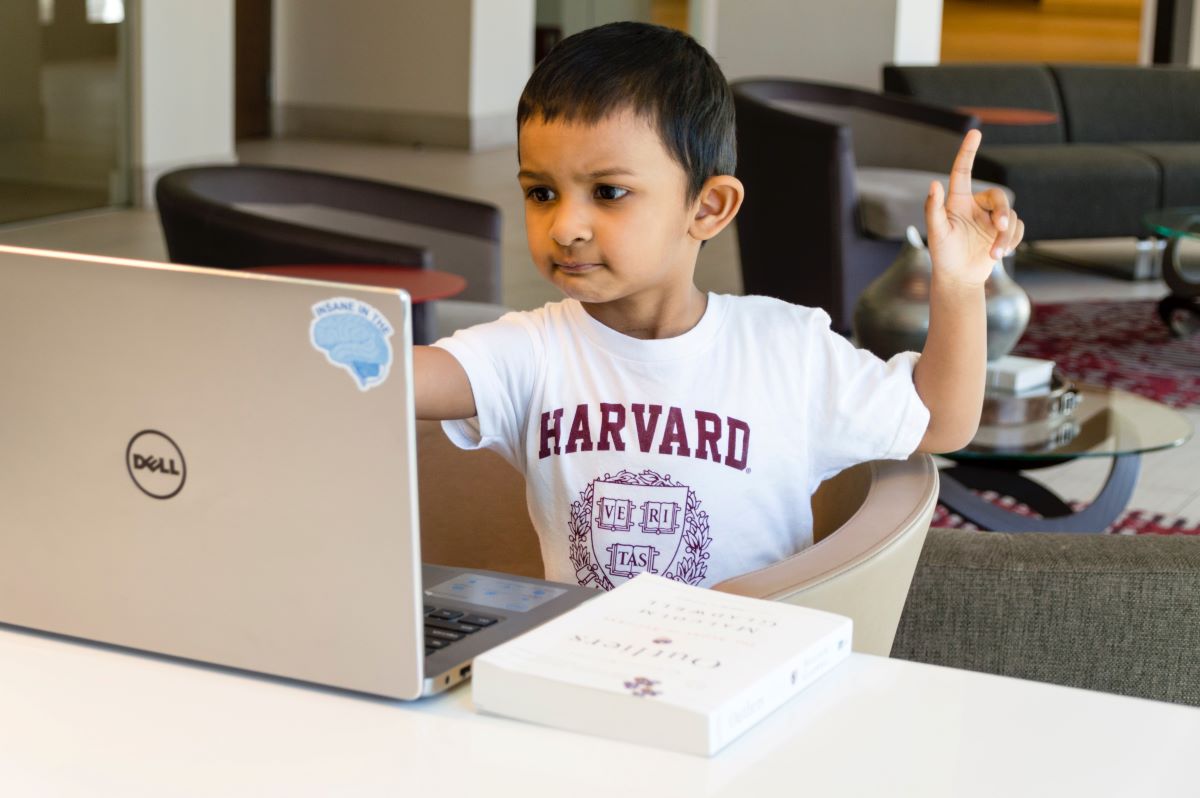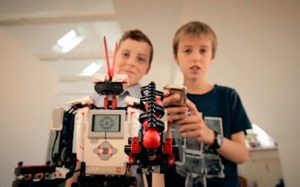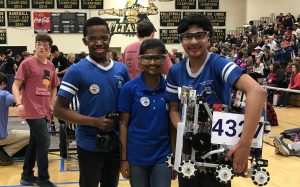Kids are naturally curious about everything. From what things are made of to how things work, they are so good at asking questions that some people improve their years-worth of work simply by thinking about the answers that could satisfy children. Do you happen to know an inquisitive child? Have you ever felt like you were in the hot seat because of their endless inquiries? Do you wonder what makes them so fiery and passionate about something they may not even know how to comprehend fully? The answer is simple: curiosity. It’s not rocket science.

In my generation of children, we were attracted to science and engineering through the simple machines in our homes and the limited science-centered media available in our time. One of my favorite sci-fi authors, Robert Heinlein, once said, “One man’s ‘magic’ is another man’s engineering.” And it rings true even more so today. Kids have an array of gadgets to choose from, and they are exposed to technology wherever they go. To be sure, it can turn into a bad thing when not controlled, but it is also important to note that good parenting is not equivalent to strict parenting. Rather than implementing strict rules on their time using gadgets, it might be better to guide them through their curiosities and help them feel more at ease with the things around them.
From solar energy to biomass energy and even to the usage of electric cars, kids are asking a lot and asking the right questions. How do we extract energy from the sun? How do solar panels work? How can we derive energy from the land, water, and wind? In what other forms does energy exist? Are electric cars sustainable? How much energy do they require for an hour-long drive? These are only some of the questions children ask regarding science, and this isn’t automatically because they are geniuses. It’s natural curiosity, not rocket science.

So the next time you get a barrage of questions from children, pause for a moment and remember how important it is to allow them to lean into things. Explain to them how things work as simply as you can. If you feel like they are inclined to learn more, refer them to some books that will make them feel the magic of science. Robert Heinlein’s sci-fi books like Starship Troopers and The Door Into Summer made me feel that magic, and maybe you can spark the same fire in your kids as well by giving them scientific reading materials. Here are some lovely book recommendations you can try.
Ages 6 to 8
– Zita the Spacegirl by Ben Hatke
– Space Case by Stuart Gibbs
– MiNRS by Kevin Sylvester
Ages 9 to 12
– The Proto Project by Bryan R. Johnson
– The Secrets of the Immortal Nicholas Flamel by Michael Scott
– A Wrinkle In Time by Madeleine L’engle
Ages 13 to 17
– Ender’s Game by Orsin Scott Card
– Legend by Marie Lu
– These Broken Stars by Meagan Spooner
In conclusion, big things come from small things. Magnificent inventions and improvements in technology come from small minds. Never underestimate the natural attraction that kids have for science. When you have active askers, you have active learners. Keep them happy. Keep them curious.




